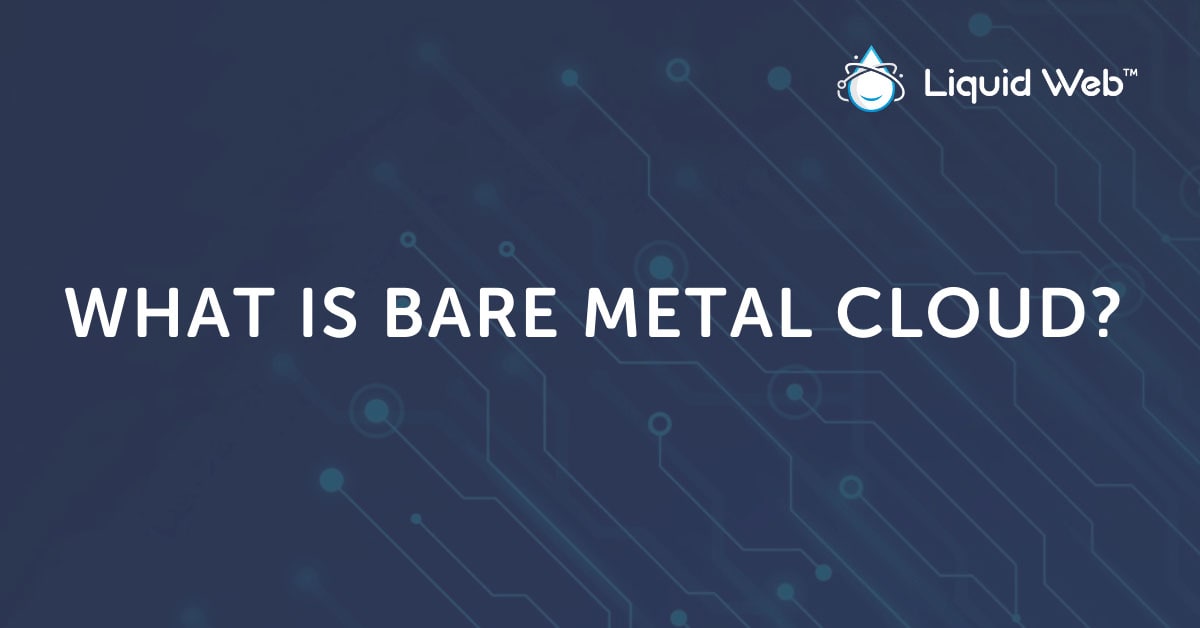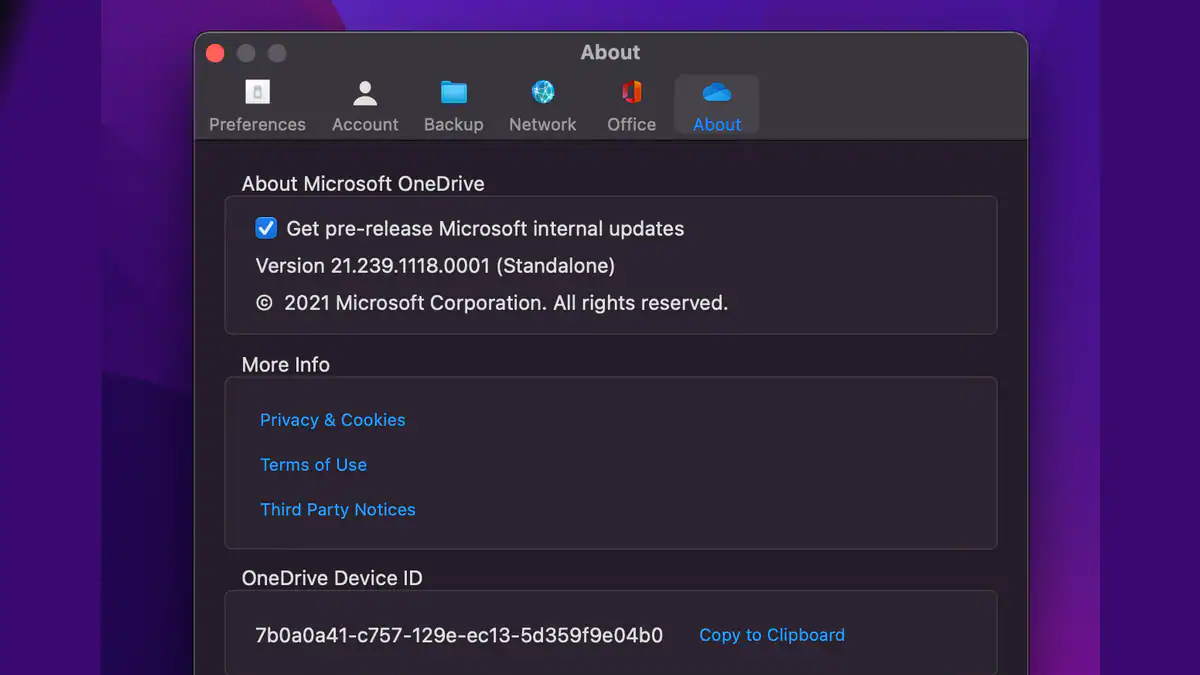
Bare metal cloud is a form of Infrastructure-as-a-Service (IaaS) where a dedicated server, housed and maintained by a managed hosting provider, is rented to the provider’s client. As a hosting framework, bare metal is different from other cloud-based services in that it doesn’t share hardware resources with other tenants. More specifically, bare metal differs from traditional cloud deployments because bare metal cloud servers give more flexibility, security, and control.
Although the modern IT landscape is seeing a shift toward cloud infrastructure, many organizations still want the control and security provided by dedicated servers. Bare metal cloud servers provide a comfortable middle-ground for those who want the flexibility and scalability of the cloud without compromising control and security.
Bare metal technology leverages the cloud to offer IT professionals the same flexibility, scalability, and low costs associated with Infrastructure-as-a-Service (IaaS), Platform-as-a-Service (PaaS), and Software-as-a-Service (SaaS) providers. Expenses are kept low with less of a need for IT hardware. And bare metal’s flexibility and scalability come from its ability to operate on a leaner framework than traditional data server options.
A defining factor of bare metal cloud is its lack of other virtual machines (VMs) on the same hardware. Unlike traditional cloud offerings, bare metal cloud takes all of the parent machine’s hardware resources (after subtracting a small portion to run an OS and hypervisor) and gives it to the sole VM running on it. This arrangement avoids resource competition, as there are no other tenants to compete with.
In the case of bare metal cloud, the provider manages the parent machine’s hardware, OS, and hypervisor while the client manages the software inside of the bare metal instance (i.e., operating systems, applications, etc.).
By renting a bare metal cloud server from an IaaS provider, your company gets the desired degree of control over server resources without the additional challenges of managing IT hardware. As a result, your IT team saves a significant amount of time and energy as they’re able to shift their focus to more high-level tasks.
| Benefits | Drawbacks |
|---|---|
| Scalability | Cost |
| Dedicated Resources | Agility |
| Resource Control | Resource Flexibility |
| No Hardware Maintenance Experience Needed | Little (Or No) Control Over Hardware |
Bare metal cloud, by definition, combines the best features of cloud-based IaaS and dedicated bare metal servers. Let’s take a look at some of the benefits of bare metal cloud:
Scalability
Scale your infrastructure quickly and easily without the need for your own on-site data center. Many cloud providers, including Liquid Web, offer the ability to move and scale your cloud environment from a shared public cloud to a bare metal cloud as needed. You can also scale from an entry-level bare metal cloud environment to a more powerful one with better hardware specifications on-demand.
Dedicated Resources
Maximum resource allocation is dedicated solely to your infrastructure. A bare metal cloud environment utilizes as much of the hardware resources as possible. The hypervisor uses a small slice of resources to run, and the rest goes to the user of the bare metal cloud.
Resource Control
Full use and control of your bare metal cloud server allow you to optimize power and resources for various workloads. Since there is only one tenant, there’s no need to worry about splitting resources.
No Hardware Maintenance Experience Needed
Bare metal cloud gives you the security and resource control of having your own data center without the extra expenses and labor of having to maintain your own on-site legacy data center. Bare metal hardware comes pre-built and is ready to provision on-demand.
Although bare metal cloud servers are a viable solution for many companies’ IT estates, they are not without their drawbacks:
Cost
Bare metal cloud is more budget-friendly when compared to building and maintaining your own data center and servers. Alternatively, when compared against other IaaS options, it can cost a bit more. These additional costs generally come from management overhead or leasing fees your managed host charges.
Agility
Users will experience much more flexibility and scalability with bare metal cloud compared to on-site legacy IT assets, but bare metal technology is not quite as agile as virtual servers. Custom hardware configurations for bare metal cloud environments will have similar lead times to traditional dedicated servers.
Resource Flexibility
Bare metal cloud environments typically come in predefined configurations. Bare metal cloud offerings will have a set CPU, RAM, and storage drive type and size. While custom bare metal configurations are typically offered by most providers, you will run into the agility issues noted above.
Little (Or No) Control Over Hardware
While you get the full allocation of your hardware resources on a bare metal cloud environment, users are still constrained within their instance running within the hypervisor. This means only your provider can directly monitor the hardware to perform tasks such as RAM tests. For this very reason, you should ensure your provider has viable recovery options.

While it’s true bare metal cloud can be an excellent solution for your organization’s IT framework, it might not be the right fit for every organization.
Here are five best use scenarios for bare metal cloud solutions:
1. Game Servers
Latency issues are a primary concern for gaming servers. Using the dedicated resources provided by bare metal cloud, gaming operations can eliminate the latency issues that haunt many cloud IaaS solutions and ensure maximum performance levels.
2. Fintech Applications
The fintech world emphasizes responsiveness and reliability since users’ finances are at stake. As fast as markets move, bare metal cloud environments can keep up with the pace.
3. AI and Machine Learning
Complex algorithmic operations and natural language processing (NLP) can be scaled up much more efficiently on bare metal clouds. Artificial intelligence applications and machine learning algorithms can take advantage of these additional resources. This is one of the more innovative and forward-thinking uses of bare metal’s cloud flexibility and performance advantages.
4. Websites for Events and Conventions
Websites that run large conventions have infrequent visitors to their site leading up to the event. However, as the event begins, traffic increases substantially with visitors accessing maps, event times, and exhibitors. Savvy website administrators could place the website on a low-cost public cloud in the lead-up time, and move to a bare metal cloud environment when traffic and resource usage is at peak demand.
5. Secure Data Housing for Healthcare
When it comes to storing patient information, the risk of data leakage should be eliminated wherever possible. Data security is critical to maintaining HIPAA compliance and patient trust. The best way to mitigate data leakage between tenants is to simply not have other tenants. Bare metal cloud environments ensure that you’re the only user on the hardware.
| Bare Metal Cloud | Private Cloud | |
|---|---|---|
| Full Hardware Allocation | Yes | Yes |
| Scalable to Public Cloud | Yes | Yes |
| Use of a Hypervisor | Yes | Yes |
| Number of VMs | 1 | 1 or More |
| Hardware Neighbors | No Neighbors | Arranged by the Owner |
As you can see from the above chart, there are quite a few similarities between bare metal clouds and private clouds. Both offer all of the parent machine’s hardware resources (minus the resources needed to run the hypervisor) and are scalable to and from the public cloud.
Here are a few key differences:
- Number of Instances: By definition, a bare metal cloud will only have one single instance (also known as a virtual machine) running on it. A private cloud on the other hand can have multiple instances. The user has the ability to allocate a certain amount of resources to each instance hosted within a private cloud.
- Hardware Neighbors: A bare metal cloud will have no neighbors as there is only a single virtual machine running on it. In a private cloud environment, there can be multiple instances on the same parent machine. However, each of these instances will be owned by that user.
Bare metal cloud is an excellent solution for organizations looking for flexibility, resource control, server management, and security. Deciding whether bare metal cloud is right for your organization will ultimately depend on your team’s data needs.
[ad_2]
Source link






